Results
-
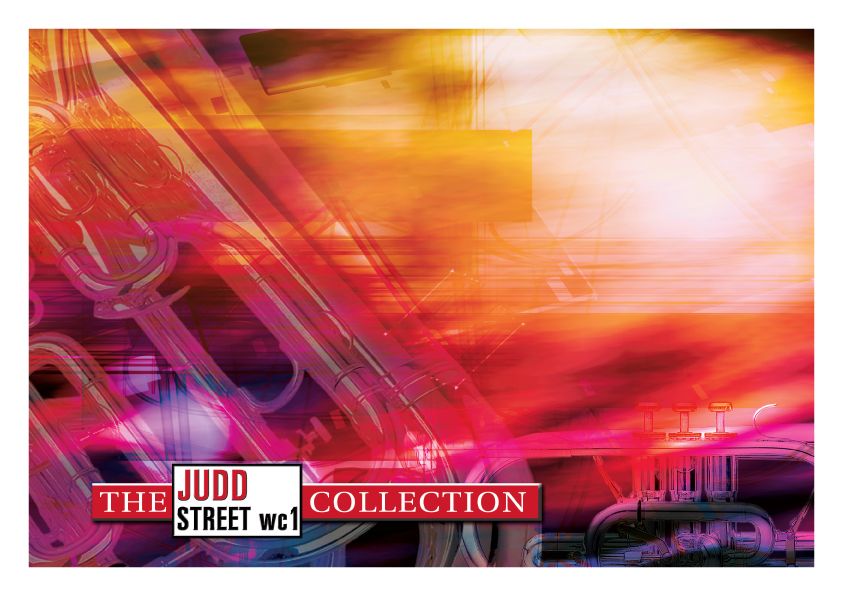 £34.95
£34.95Judd: The Father's Blessing
This music is a treatment of the tune that William Tomer wrote for the words 'God be with you till we meet again'. In recent years, Ralph Vaughan Williams' tune 'Randolph' has often been the preferred choice to accompany these words although this composer was drawn to the original tune. Serenity is the prevailing mood of the piece although there is chance for the band to 'open up' in the link passages.
Estimated dispatch 7-14 working days
-
 £24.95
£24.95Derick Kane Euphonium Solo Album
Among the solos contained in this album are some of the 'heart songs' of The Salvation Army, some traditional melodies as well as four larger works. There are solos to challenge the younger player as well as some to test the most advanced soloist.These solos, many of which were only available with brass and accompaniment, have now been arranged with pianoforte accompaniment and come complete with an 'accompaniment CD'. Richard Phillips is the pianist. There is music suitable for all occasions, ranging from the Sunday morning worship meeting to the concert platform. Most importantly, the album contains solos that will appeal to the listener as well as the performer. A separate 'performance CD', featuring Derick Kane playing six of the solos with The International Staff Band and the remaining eight solos with Richard Phillips at the pianoforte, is also available (Go to our recordings section to view this product).The Better World Norman Bearcroft (trs. David Mortlock)Spirit of Life David Catherwood (trs. Susan Avison)My love is like a red, red rose Trad (arr. Kenneth Downie)Travelling Along Chris Mallett (trs. Derick Kane)Lyric Variations Ray Steadman-AllenThere will be God Joy Webb (arr. Richard Phillips)To live right Ivor BosankoWelsh Fantasy Ralph PearceJesus, I come to thee Norman BearcroftOchills Ernest Rance (arr. Derick Kane)Compelled by love Andrew BlythA new direction Derick KaneMenuet Bizet (trs. Kevin Norbury)Timepiece Norman Bearcroft
Estimated dispatch 7-14 working days
-
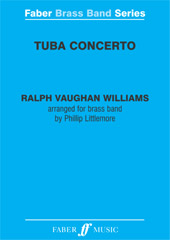 £100.00
£100.00Tuba Concerto (Tuba Solo with Brass Band - Score and Parts)
Ralph Vaughan Williams Tuba Concerto was written in 1953/4 in response to an invitation to compose a work for the Golden Jubilee of the London Symphony Orchestra. Vaughan Williams was by then in his eighty-second year. The lively, outer movements both conclude with extended cadenzas, while the beautifully lyrical Romanza is Vaughan Williams at his best. Phillip Littlemores brass band arrangement is a welcome addition to the brass band repertoire. Suitable for Championship Section Bands. Duration: 15.00
Estimated dispatch 7-14 working days
-
£74.95
Second Suite in F (Score and Parts)
During Holst's earlier years as a composer, he took interest, as did many other English composers at the time, in writing pieces based on folk music. His contemporary Ralph Vaughan Williams had written his English Folk Song Suite, all based on English folk tunes. Holst followed suit and composed the Second Suite as a result. Six tunes are compressed into the four movements of the suite, each with their own character.The Second Suite consists of movements based on specific English folk songs
Estimated dispatch 7-14 working days
-
£32.95
Second Suite in F (Score Only)
During Holst's earlier years as a composer, he took interest, as did many other English composers at the time, in writing pieces based on folk music. His contemporary Ralph Vaughan Williams had written his English Folk Song Suite, all based on English folk tunes. Holst followed suit and composed the Second Suite as a result. Six tunes are compressed into the four movements of the suite, each with their own character.The Second Suite consists of movements based on specific English folk songs
Estimated dispatch 7-14 working days
-
 £17.50
£17.50The Mansions of Glory (Score Only)
"A young, talented and tender-hearted actress was passing along the street of a large city. Seeing a pale, sick girl lying upon a couch just within the half-open door of a beautiful dwelling, she entered, with the thought that by her vivacity and pleasant conversation she might cheer the young invalid. The sick girl was a devoted Christian, and her words, her patience, her submission and heaven-lit countenance so demonstrated the spirit of her religion that the actress was led to give some earnest thought to the claims of Christianity, and was thoroughly converted and became a true follower of Christ. She told her father, the leader of a theatre troupe, of her conversion and of her desire to abandon the stage, stating that she could not live a consistent Christian life and follow the life of an actress. Her father was astonished beyond measure and told his daughter that their living would be lost to them and their business ruined if she persisted in her resolution.Loving her father dearly, she was shaken somewhat in her purpose and partially consented to fill the published engagement to be met in a few days. She was the star of the troupe, and a general favourite. Every preparation was made for the play in which she was to appear. The evening came and the father rejoiced that he had won back his daughter and that their living was not to be lost. The hour arrived; a large audience had assembled. The curtain rose and the young actress stepped forward firmly, amid the applause of the multitude. But an unwonted light beamed from her beautiful face. Amid the breathless silence of the audience, she repeated: 'My Jesus, I love thee, I know thou art mine,For thee all the pleasures of sin I resign;My gracious Redeemer, my Saviour art thou,If ever I loved thee, my Jesus, 'tis now.' This was all. Through Christ she had conquered and, leaving the audience in tears, she retired from the stage, never to appear upon it again. Through her influence her father was converted, and through their united evangelistic labours many were led to God." 1. My Jesus, I love thee, I know thou art mine,For thee all the pleasures of sin I resign;My gracious Redeemer, my Saviour art thou,If ever I loved thee, my Jesus, 'tis now.2. I love thee because thou hast first lovd me,And purchased my pardon on Calvary's tree;I love thee for wearing the thorns on thy brow,If ever I loved thee, my Jesus, 'tis now.3. I will love thee in life, I will love thee in death, And praise thee as long as thou lendest me breath; And say, when the death-dew lies cold on my brow; If ever I loved thee, my Jesus, 'tis now.4. In mansions of Glory and endless delight,I'll ever adore thee and dwell in thy sight; I'll sing with the glittering crown on my brow: If ever I loved thee, my Jesus, 'tis now. William Ralph Featherstone
Estimated dispatch 7-14 working days
-
 £32.95
£32.95Variations for Brass Band (Score Only)
The great British brass band tradition has been fostered since 1860 by an annual competition for bands. Held in the Crystal Palace until that edifice burned in the 1930s, it is a major event at the Royal Albert Hall in London. Each year there is a new test piece, required of all bands and in 1957, Ralph Vaughan Williams (by then a revered, grandfatherly figure in British music) was finally persuaded to write a composition for that purpose.The 12-minute composition comprises a theme and 11 variations. The brief variations are in a variety of moods and styles, including a waltz, a polonaise, a chorale, a canon, an arabesque, and a fugue. It tests ensemble coordination, command of and flexibility concerning styles, and richness of sound.
Estimated dispatch 7-14 working days
-
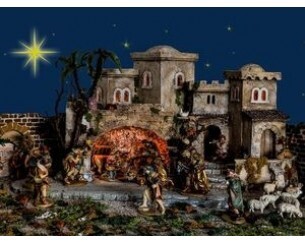 £30.00
£30.00O Little Town of Bethlehem
Based on an 1868 text written by Phillips Brooks and the hymn Forest Green (a tune collected by Ralph Vaughan Williams and first published in the 1906 English Hymnal) O Little Town of Bethlehem is perhaps one of the most widely recognised of all Christmas Carols. This arrangement resets the music as...
In stock: Estimated dispatch 1-3 days
-
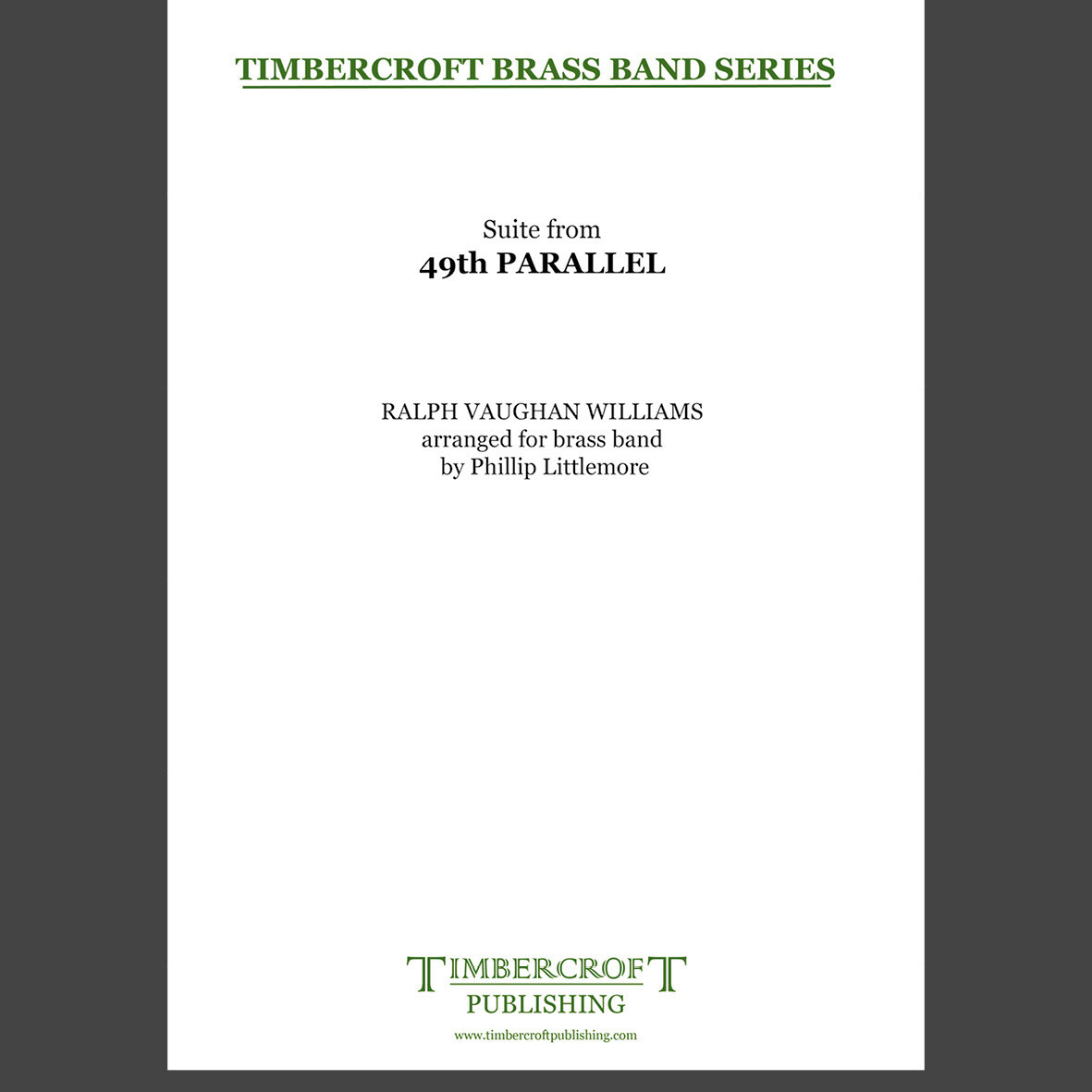 £60.00
£60.00Suite from 49th Parallel - Ralph Vaughan Williams arr. Phillip Littlemore
Vaughan Williams was in his late sixties when an opportunity to write for the cinema materialised. He was approached by his former pupil Muir Mathieson, the director of music for the Ministry of Information, to write the score for the film 49th Parallel .The plot for 49th Parallel is set in the early part of World War II, when a German U-Boat sinks allied shipping in the Gulf of St. Lawrence and then tries to evade capture by the Canadian Military by sailing up to Hudson Bay. A handful of crew disembark to look for supplies and no sooner have they reached shore when the U-Boat is spotted by the Canadian Armed Forces and sunk. Leaving the shore party stranded in Canada they have no other option but to head for the neutral United States and, as their ill-fated journey unfolds, they meet a variety of characters whom they alienate due to their reprehensible actions. They These include a pacifist in the Canadian wilds played by Leslie Howard, a Hutterite leader, and a French-Canadian fur trapper, played by Laurence Olivier. The film premiered in the UK in October 1941 and in March 1942 for the US, when it was retitled The Invaders .The brass band suite to 49th Parallel, devised by Paul Hindmarsh and arranged by Phillip Littlemore, takes the Prologue from the cinematic score as its starting point. Stretches of pastoral musical themes depict the Canadian landscape before the atmosphere is broken with a menacing rendition, albeit briefly, of the Lutheran chorale Ein Feste Burg depicting the surfacing of the German U-Boat in the Gulf of St. Lawrence. This gives way to the mechanical, jaunty section Control Room Alert with its persistent drive and energy. A brief interlude of The Lake in the Mountains leads into the most recognised piece of music of from the film, the Prelude, which accompanied both the opening and closing credits, and adds a most fitting conclusion to this suite.The suite has been recorded by the Tredegar Town Band, under their musical director Ian Porthouse, on the Albion Records CD Vaughan Williams on Brass
Estimated dispatch 5-7 working days
-
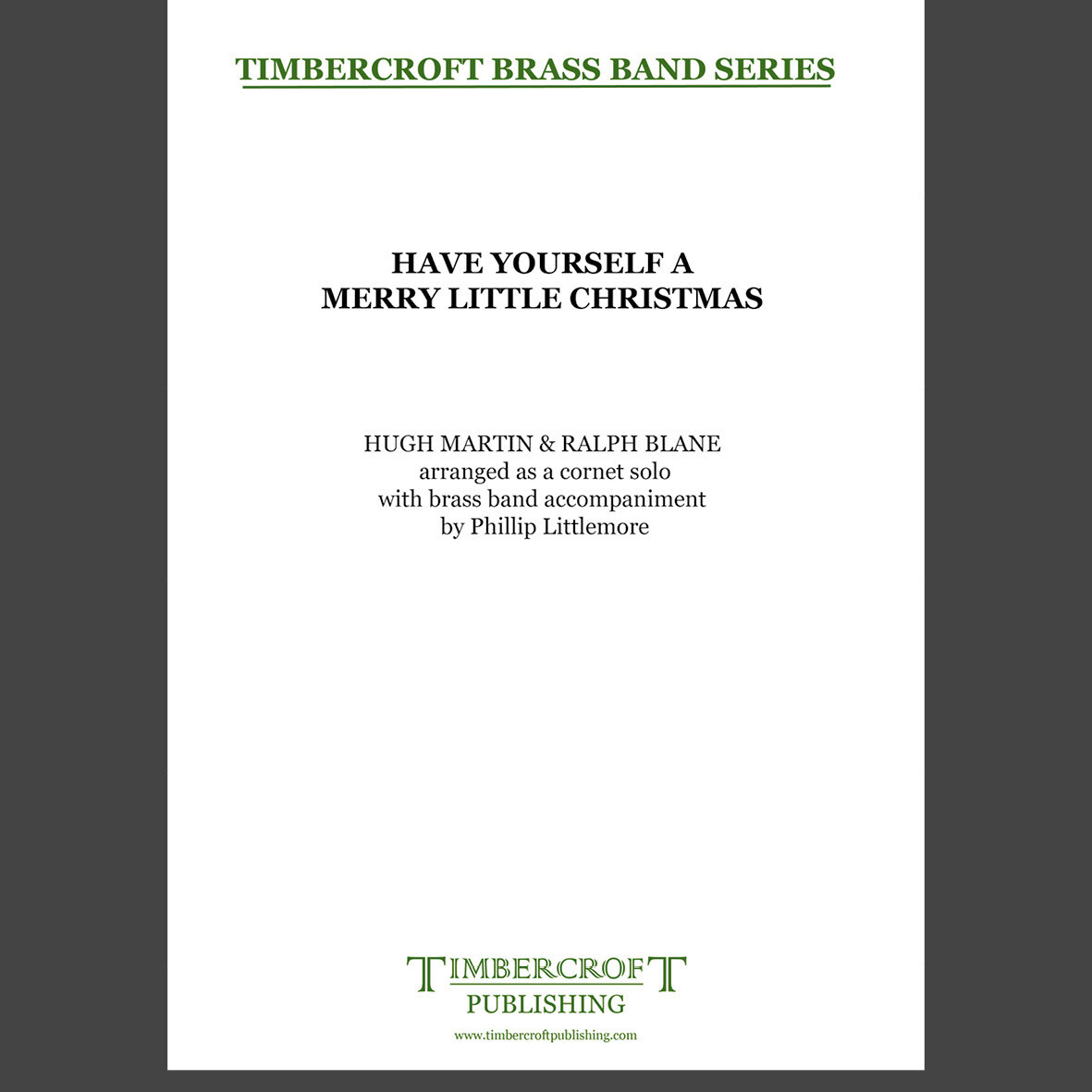 £30.00
£30.00Have Yourself A Merry Little Christmas - Hugh Martin/Richard Blane arr. Phillip Littlemore
The successful songwriting team of Hugh Martin and Ralph Blane wrote Have Yourself a Merry Little Christmas for the 1944 MGM musical Meet Me in St. Louis, where it was introduced by Judy Garland.The original lyrics were too melancholic and Garland asked for something a little bit more upbeat instead. Blane substituted them to the now-familiar lyrics of those Garland sang in the movie, although Frank Sinatra asked for one further change so that the song could be included on his album The Joy Of Christmas. It is one of the most popular Christmas songs of all time and has been recorded by over 500 artists.This arrangement, for cornet with band accompaniment, captures the reflective style of the original song, although allows a little bit of magic to close.A video of this arrangement can be found here: Have Yourself A Merry Little ChristmasDuration: 3'20"Difficulty: Suitable for all (band accompaniment)
Estimated dispatch 5-7 working days
